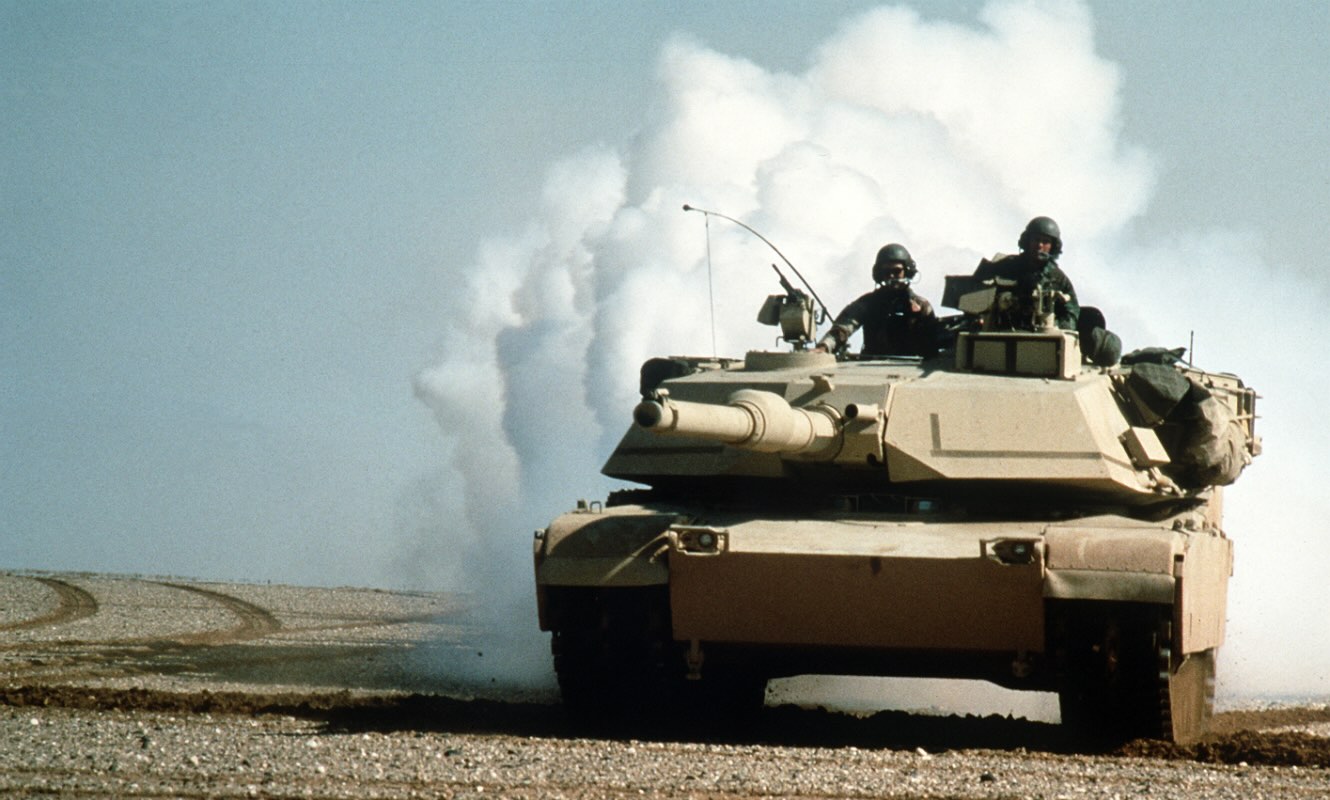
The Gulf War, also known as Operation Desert Storm, was a significant conflict that took place in the early 1990s. This war saw a coalition of 35 nations, led by the United States, come together to liberate Kuwait from Iraqi occupation. Why did this war happen? Iraq, under the leadership of Saddam Hussein, invaded Kuwait in August 1990, claiming it as a province of Iraq. The international community responded swiftly, leading to a military intervention that began in January 1991. The conflict was marked by advanced technology, including precision-guided munitions and extensive media coverage. How did it end? The war concluded in February 1991 with a decisive victory for the coalition forces, resulting in the liberation of Kuwait. This conflict had lasting impacts on the Middle East and global politics.
The Gulf War: A Brief Overview
The Gulf War, also known as Operation Desert Storm, was a significant conflict that took place in the early 1990s. It involved a coalition of forces led by the United States against Iraq, following Iraq's invasion of Kuwait. Here are some fascinating facts about this pivotal event in modern history.
-
The Gulf War began on August 2, 1990, when Iraq invaded Kuwait, claiming it as its 19th province.
-
The United Nations condemned Iraq's invasion and imposed economic sanctions on the country.
-
Operation Desert Shield was the initial phase, focusing on defending Saudi Arabia from potential Iraqi attacks.
-
The coalition forces included troops from 35 nations, making it one of the largest military alliances since World War II.
-
The United States contributed the most troops, with over 500,000 personnel deployed to the region.
Key Players and Strategies
Understanding the main actors and their strategies provides insight into the complexities of the Gulf War.
-
General Norman Schwarzkopf, known as "Stormin' Norman," was the commander of coalition forces.
-
Iraq's leader, Saddam Hussein, believed that the invasion of Kuwait would strengthen his position in the Arab world.
-
The coalition's strategy involved extensive aerial bombardment, followed by a swift ground assault.
-
The air campaign, known as Operation Desert Storm, began on January 17, 1991.
-
Stealth bombers and precision-guided munitions played crucial roles in the coalition's air superiority.
Technological Advancements
The Gulf War showcased numerous technological advancements in modern warfare.
-
The conflict saw the first large-scale use of GPS technology for navigation and targeting.
-
Unmanned aerial vehicles (UAVs) were employed for reconnaissance missions.
-
The M1 Abrams tank, with its advanced armor and firepower, proved highly effective in desert combat.
-
Patriot missiles were used to intercept Iraqi Scud missiles, marking a significant development in missile defense.
-
The war was one of the first to be broadcast live on television, bringing real-time coverage to viewers worldwide.
Environmental and Human Impact
Wars often leave lasting scars on both the environment and human populations. The Gulf War was no exception.
-
Iraqi forces set fire to over 600 Kuwaiti oil wells, causing massive environmental damage.
-
The resulting oil spills created large "oil lakes" in the desert, severely impacting local ecosystems.
-
The smoke from burning oil wells caused respiratory problems for both soldiers and civilians.
-
Approximately 100,000 Iraqi soldiers and civilians lost their lives during the conflict.
-
The war led to significant displacement, with thousands of Kuwaiti and Iraqi citizens becoming refugees.
Aftermath and Legacy
The Gulf War's aftermath had long-lasting effects on international relations and military strategies.
-
The conflict ended on February 28, 1991, with a ceasefire declared by President George H.W. Bush.
-
Iraq was required to dismantle its weapons of mass destruction (WMD) programs under UN supervision.
-
The war highlighted the importance of coalition-building and international cooperation in addressing global conflicts.
-
Economic sanctions against Iraq continued for years, severely impacting the country's economy and population.
-
The Gulf War Syndrome, a condition affecting veterans with symptoms like fatigue and chronic pain, emerged as a significant health issue.
Cultural and Social Impact
The Gulf War also influenced culture and society in various ways.
-
The conflict inspired numerous books, films, and documentaries, reflecting its impact on popular culture.
-
The war led to increased awareness of the Middle East's geopolitical complexities among the general public.
-
Media coverage of the war raised questions about the role of journalism in conflict zones.
-
The conflict spurred advancements in military medicine, particularly in trauma care and rehabilitation.
-
The Gulf War Veterans Act of 1998 provided benefits and healthcare to those who served in the conflict.
-
The war's legacy continues to shape military strategies and international relations in the 21st century.
Final Thoughts on the Gulf War
The Gulf War, with its swift and decisive nature, left a lasting impact on global politics and military strategies. From the coalition's overwhelming air superiority to the use of advanced technology, this conflict showcased a new era of warfare. The war also highlighted the importance of international alliances and the role of the United Nations in conflict resolution. Despite its brevity, the Gulf War's effects are still felt today, influencing military tactics and geopolitical dynamics. Understanding these facts not only provides insight into a pivotal moment in history but also underscores the complexities of modern warfare. As we reflect on the Gulf War, it's clear that the lessons learned continue to shape our world, reminding us of the ever-evolving nature of global conflicts and the enduring quest for peace and stability.
Was this page helpful?
Our commitment to delivering trustworthy and engaging content is at the heart of what we do. Each fact on our site is contributed by real users like you, bringing a wealth of diverse insights and information. To ensure the highest standards of accuracy and reliability, our dedicated editors meticulously review each submission. This process guarantees that the facts we share are not only fascinating but also credible. Trust in our commitment to quality and authenticity as you explore and learn with us.
